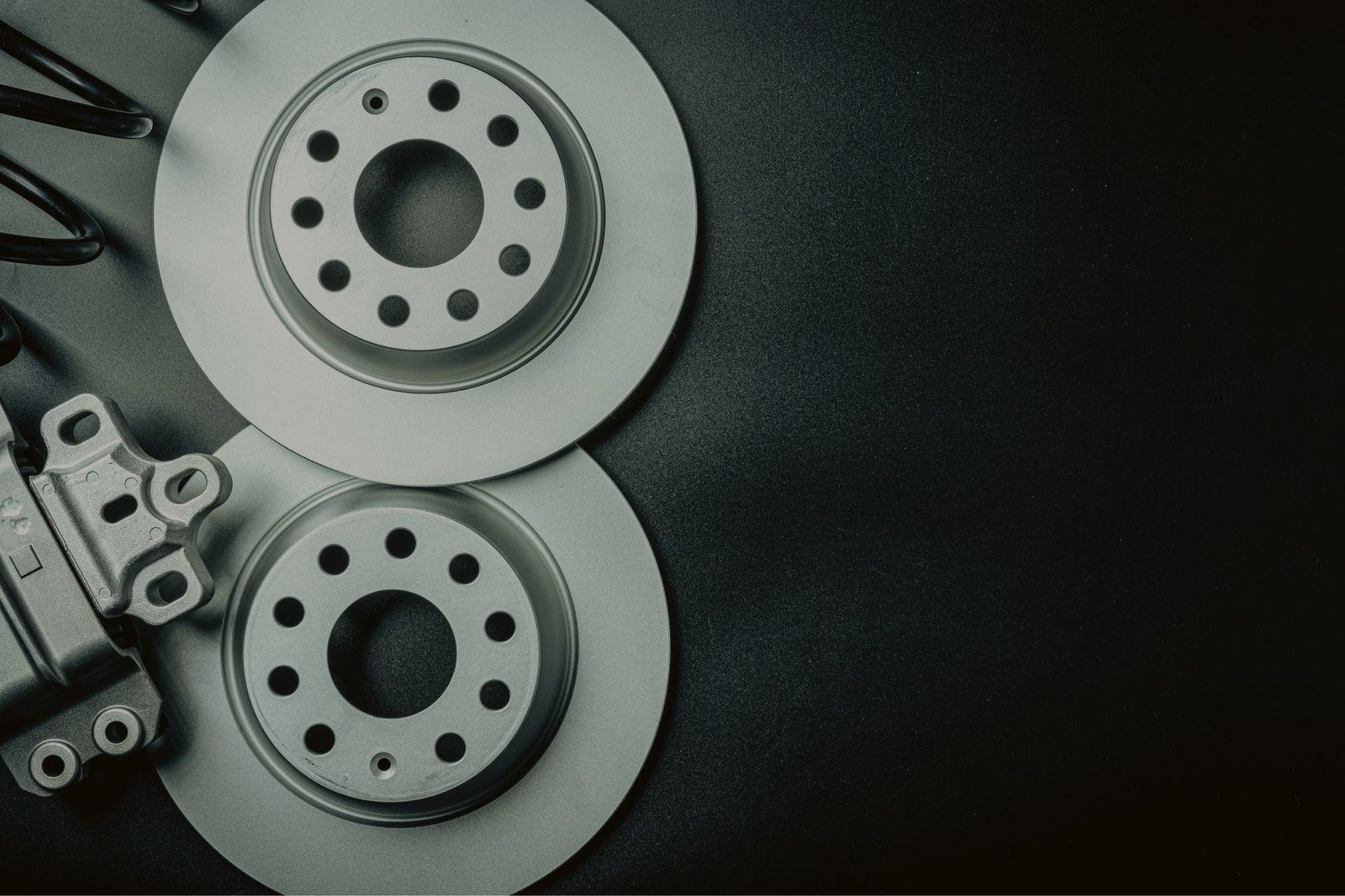
The Importance of Regular Oil Changes: What You Should Know

Regular oil changes are crucial for maintaining your vehicle’s health and performance. This guide explains why oil changes matter, how often they should be done, and what you need to know to keep your engine running smoothly.
1. Why Oil Changes Matter
Lubrication: Engine oil lubricates moving parts, reducing friction and preventing wear and tear. Fresh oil ensures that your engine operates efficiently.
Cooling: Oil helps dissipate heat generated by engine components, preventing overheating and potential damage.
Contaminant Removal: Over time, oil collects dirt, debris, and contaminants. Regular changes remove these impurities, keeping the engine clean and functioning well.
2. How Often Should You Change Your Oil?
Manufacturer Recommendations: Check your owner’s manual for specific guidelines on oil change intervals. Most vehicles require oil changes every 3,000 to 7,500 miles, depending on the type of oil used.
Driving Conditions: If you frequently drive in harsh conditions—such as extreme temperatures, heavy traffic, or towing—you may need to change your oil more often.
3. Types of Engine Oil
Conventional Oil: A standard option suitable for many vehicles, but may require more frequent changes.
Synthetic Oil: Offers superior protection and performance, often allowing for longer intervals between changes. Ideal for high-performance or newer vehicles.
Blend Oil: A mix of conventional and synthetic oils, providing some benefits of both at a lower cost.
4. Signs You Need an Oil Change
- Oil Change Light: Many vehicles have a dashboard indicator that alerts you when it’s time for an oil change.
- Dark or Gritty Oil: Check your oil using the dipstick; if it appears dark or gritty, it’s time to change it.
- Engine Noise: Unusual knocking or clicking sounds can indicate insufficient lubrication, signaling the need for an oil change.
5. Benefits of Regular Oil Changes
- Enhanced Engine Performance: Regular oil changes help maintain optimal engine performance and fuel efficiency.
- Extended Engine Lifespan: Keeping your engine clean and well-lubricated reduces wear and prolongs its life.
- Better Resale Value: A well-maintained vehicle with documented regular oil changes can command a higher resale value.
Latest posts


Top 10 Must-Have Tools for DIY Car Maintenance

How to Identify the Right Replacement Parts for Your Vehicle

Common Car Problems and How to Fix Them
Subscribe
Explore More
Related posts

The latest innovations in auto parts: what you need to know
Sed posuere consectetur est at lobortis lorem ipsum nulla vitae elit libero, a pharetra augue.

How to maintain your vehicle parts for longevity
Sed posuere consectetur est at lobortis lorem ipsum nulla vitae elit libero, a pharetra augue.

Oem parts vs. Aftermarket parts: which is better?
Sed posuere consectetur est at lobortis lorem ipsum nulla vitae elit libero, a pharetra augue.

